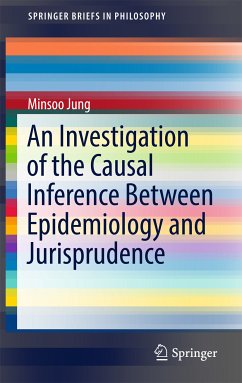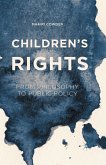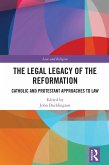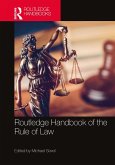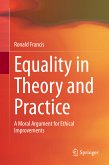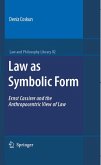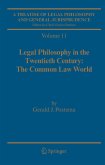This book examines how legal causation inference and epidemiological causal inference can be harmonized within the realm of jurisprudence, exploring why legal causation and epidemiological causation differ from each other and defining related problems. The book also discusses how legal justice can be realized and how victims' rights can be protected. It looks at epidemiological evidence pertaining to causal relationships in cases such as smoking and the development of lung cancer, and enables readers to correctly interpret and rationally use the results of epidemiological studies in lawsuits. The book argues that in today's risk society, it is no longer possible to thwart the competence of evidence using epidemiological research results. In particular, it points out that the number of cases that struggle to prove a causal relationship excluding those using epidemiological data will lead to an increase in the number of lawsuits for damages that arise as a result of harmful materialsthat affect our health. The book argues that the responsibility to compensate for damages that have actually occurred must be imputed to a particular party and that this can be achieved by understanding causal inferences between jurisprudence and epidemiology. This book serves as a foundation for students, academics and researchers who have an interest in epidemiology and the law, and those who are keen to discover how jurisprudence can bring these two areas together.
Dieser Download kann aus rechtlichen Gründen nur mit Rechnungsadresse in A, B, BG, CY, CZ, D, DK, EW, E, FIN, F, GR, HR, H, IRL, I, LT, L, LR, M, NL, PL, P, R, S, SLO, SK ausgeliefert werden.

